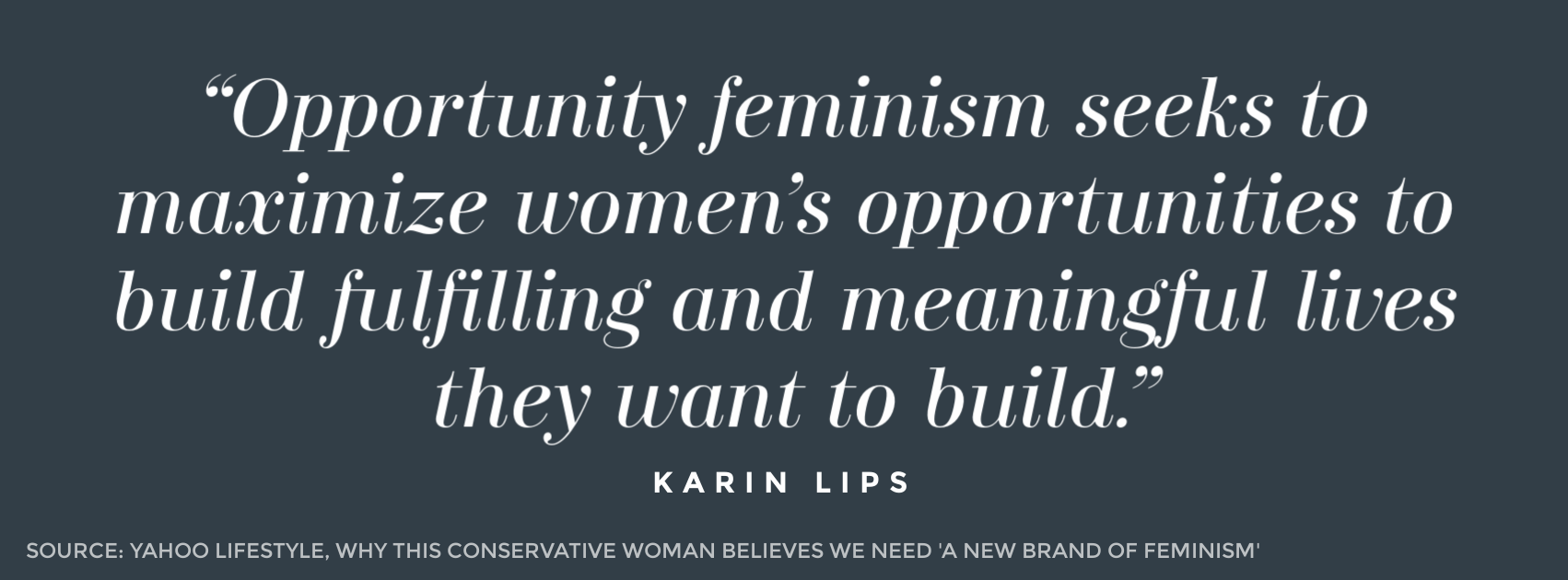D.C. should just let the children play
This article originally appeared in the Washington Post.
For 45 years, generations of 2-year-olds have been meeting each week in a local church to play through the Capitol Hill Cooperative Play School. Some D.C. government officials now are trying to regulate the program, which they contend is an illegal child-care facility.
With the D.C. Council reviewing the cooperative’s future, parents and D.C. taxpayers alike should consider the ramifications of allowing government to regulate or prohibit these kinds of voluntary playgroups.
The Capitol Hill Cooperative Play School has operated as a voluntary cooperative since the 1970s. Each week, participating 2-year-olds gather in a room at the Lutheran Church of the Reformation for three hours, one to three days each week. The playgroup has no staff. Parents rotate watching the kids. Toddlers make new friends. Parents get flexible child care and build friendships through the partnership. The church gets new people in the door.
This type of voluntary program is a win-win for families and the community. Each year, the cooperative is handed down to a new group of parents who wish to take responsibility for it and give their toddlers the chance to play together.
The D.C. government has left the Capitol Hill Cooperative Play School alone — until two months ago.
On Sept. 7, the Office of the State Superintendent of Education investigators inspected a playgroup of toddlers to assess whether the cooperative was an illegal daycare. The investigators issued Capitol Hill Cooperative Play School parents a “statement of deficiencies,” alleging that the Capitol Hill Cooperative Play School was violating the regulations that apply to a “child development facility.”
District rules for a “child development facility” include a requirement to obtain a license to operate, which would likely mean the end of the voluntary cooperative. But the D.C. Code already includes an exemption for “informal parent-supervised neighborhood play groups.”
The cooperative’s fate may hinge on the definition of “informal.” The Office of the State Superintendent of Education argues that the playgroup doesn’t meet the rules for the exemption, in part because the cooperative has established some rules for its operation, according to Lis Kidder, whose daughter participates in the Capitol Hill Cooperative Play School.
Kidder said, “On September 14, three other playgroup parents and I met with Elizabeth Groginsky (Assistant Superintendent of Early Learning), Eva Laguerre (Director, Licensing & Compliance) and Tiffany Oates (Assistant General Counsel) at Office of the State Superintendent of Education. During that meeting, OSSE took the position that our playgroup was too ‘formal’ (meaning too organized with too many rules) to meet the existing exemption for ‘informal parent-supervised neighborhood play groups.’ ”
The Capitol Hill Cooperative Play School parents have developed some simple rules over the years. Supervising parents should not be distracted by their work or phones during the playgroup. Parents are required to submit emergency contact information and medical treatment forms for each child. Families must report to the group when their toddler has a contagious illness. The group has a plan for what to do in the event of an emergency.
These seem like wise precautions to take in the best interest of the children. But to the D.C. government, these rules are evidence that the parents are running an illegal child-care facility. Ironically, if the Office of the State Superintendent of Education has its way and is allowed to regulate this playgroup out of existence, it would be creating a disincentive for parents to self-regulate, as a playgroup with no safety rules would presumably be on stronger legal standing.
“I know OSSE’s intentions are good, but it’s not their job to tell me whether I can drop my child off with some friends for a few hours to play,” Kidder said. “Allowing OSSE to invade these private social gatherings is an erosion of parental rights without justification.”
In early October, the D.C. Council passed emergency legislation, sponsored by Council Chairman Phil Mendelson (D) and Council member Charles Allen (D-Ward 6), to exempt parent cooperatives from the Child Development Facilities Regulation Act of 1998 for 90 days. This legislation set the stage for a review of the city’s approach to regulating playgroups.
On Thursday, Council member David Grosso (I-At Large), chairman of the Committee on Education, will hold a hearing on the issue. When the emergency legislation passed last month, Council member Grosso signaled his support for OSSE’s position and interest in “finding a more permanent solution that clearly lists the rights and responsibilities of those that participate in these organized formal playgroups through permanent legislation or refined regulations at OSSE.”
The D.C. Council should consider what will happen if the government regulates voluntary cooperatives like this out of existence. For starters, these parents and 2-year-olds will be worse off, denied the opportunity to get together for a few hours each week to visit with their friends.
But this regulatory encroachment could be the District’s first step toward broader government overreach in this area and the crowding-out of voluntary associations. From nanny-shares to babysitting co-ops to regularly scheduled times to play at public parks, the Office of the State Superintendent of Education investigators could find new opportunities to crack down on the voluntary ways that D.C. families approach playtime and child care for their children.
Come on, D.C. Council, let the 2-year-olds play together.



